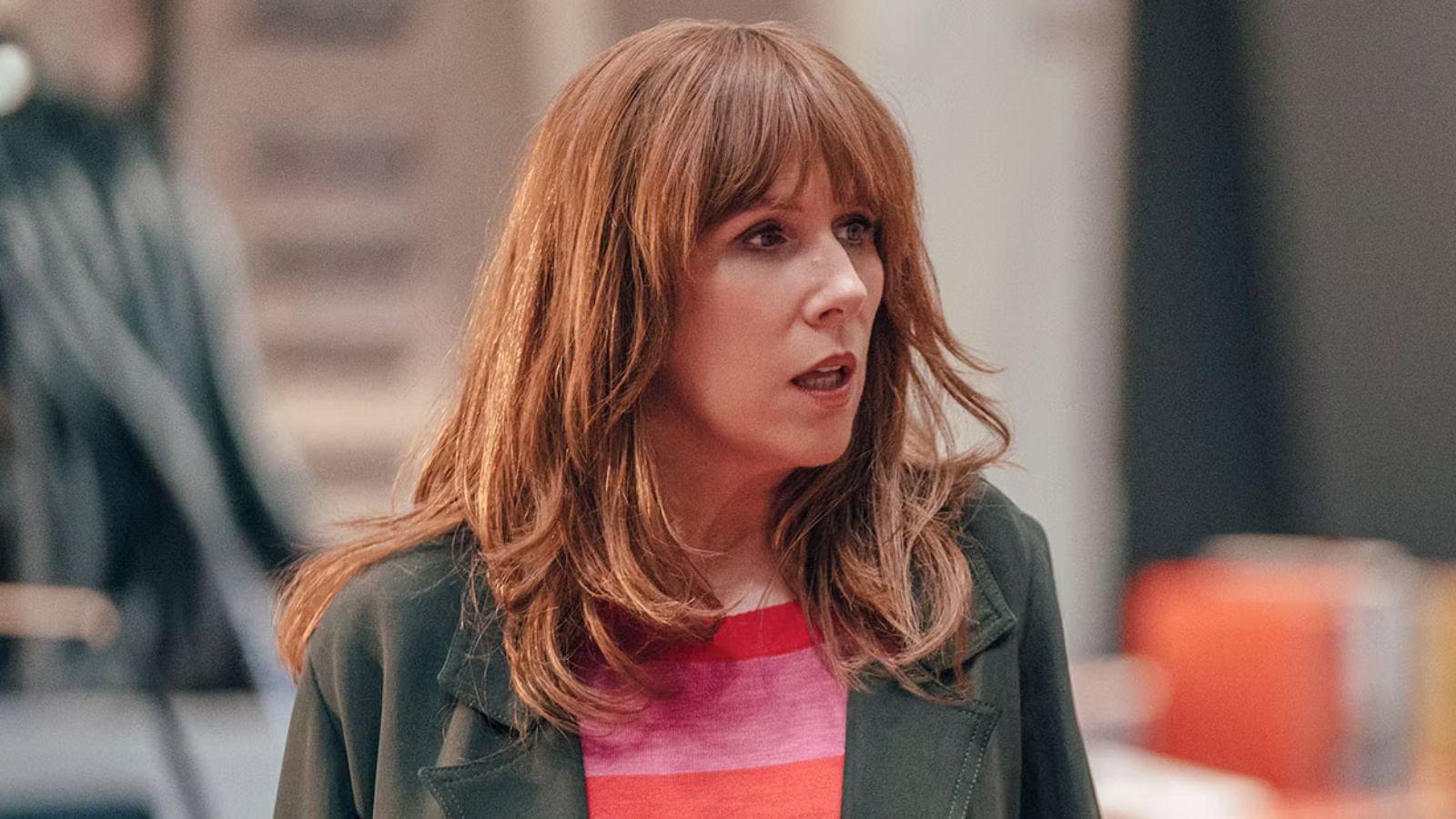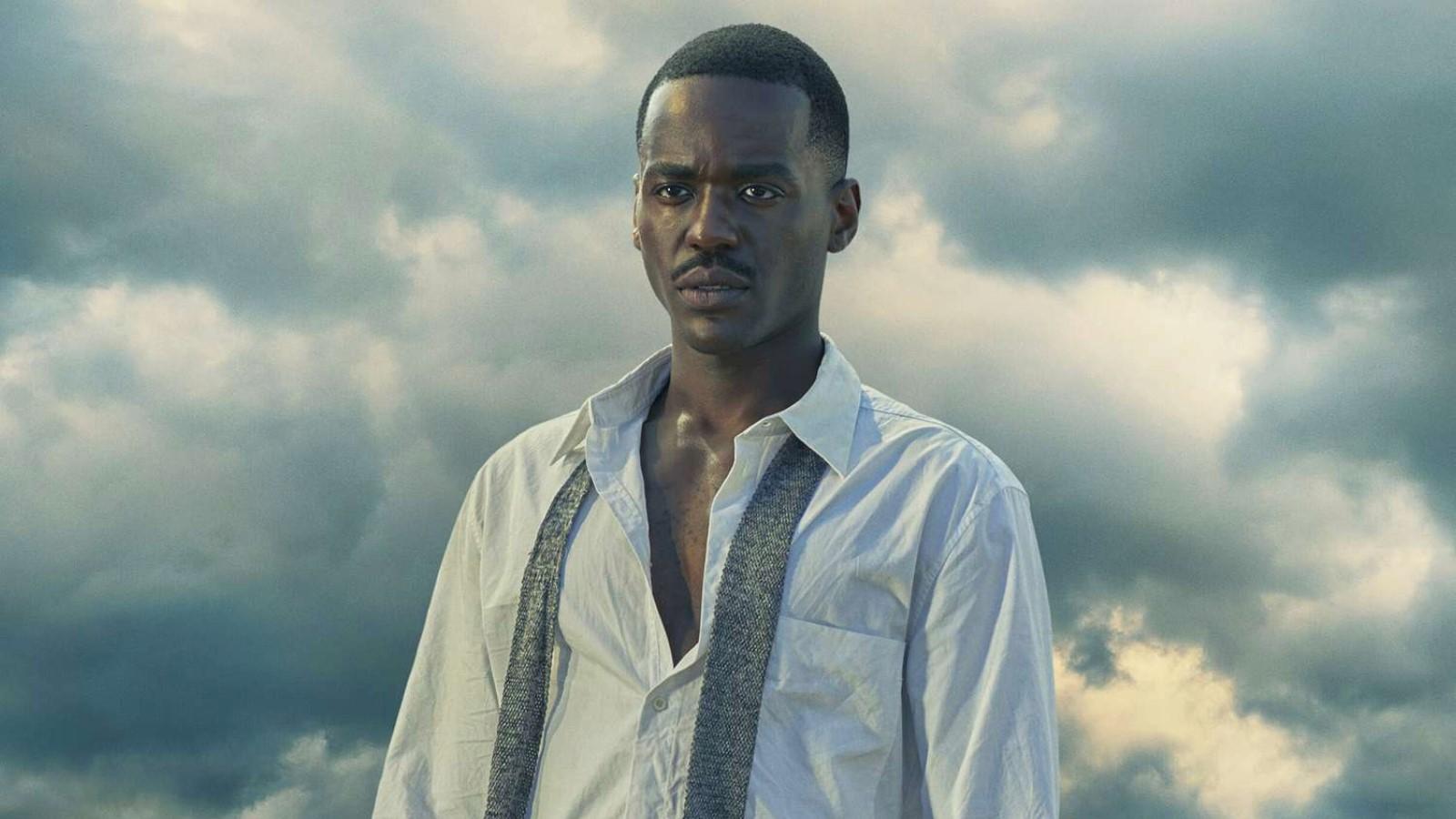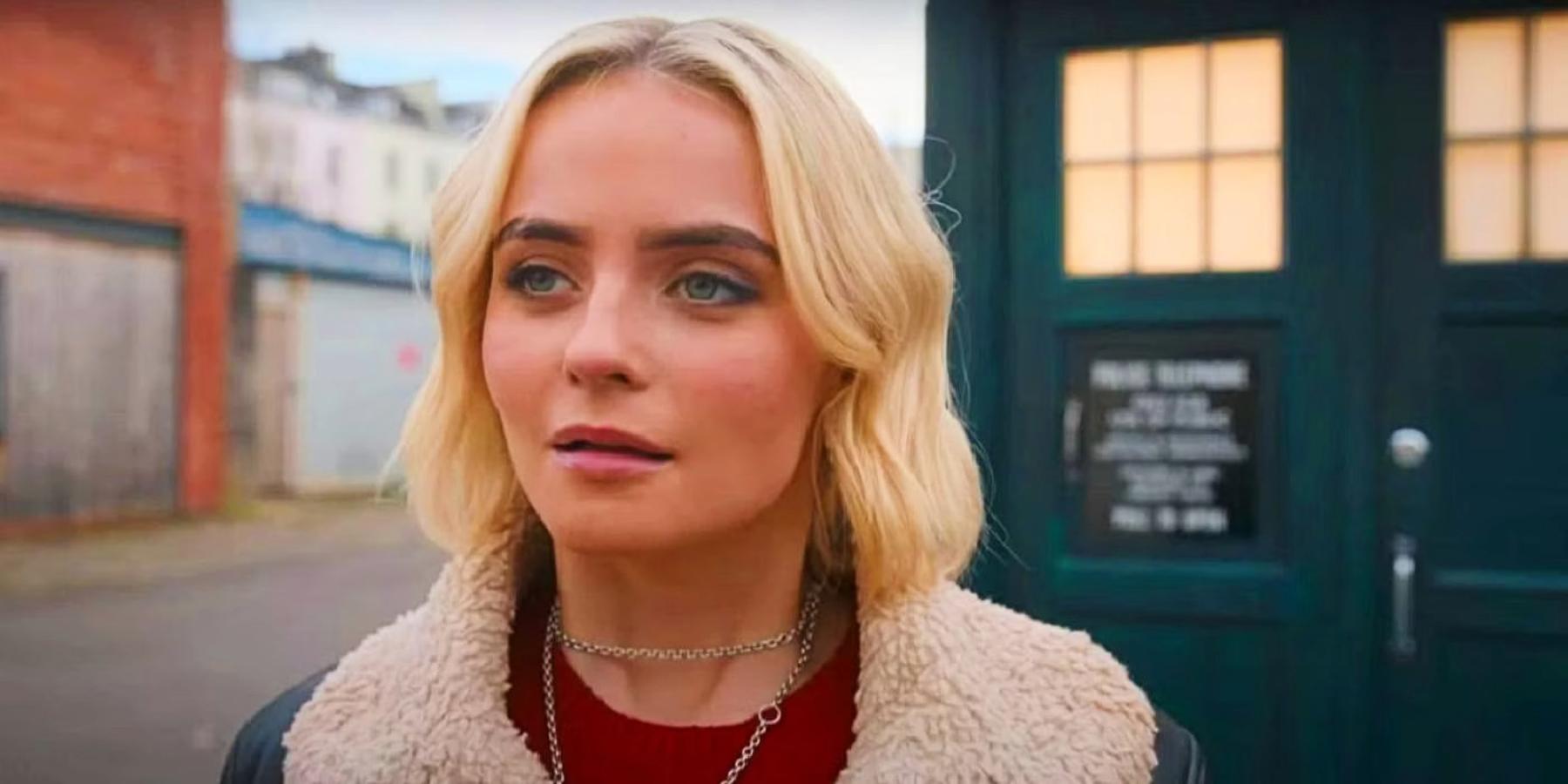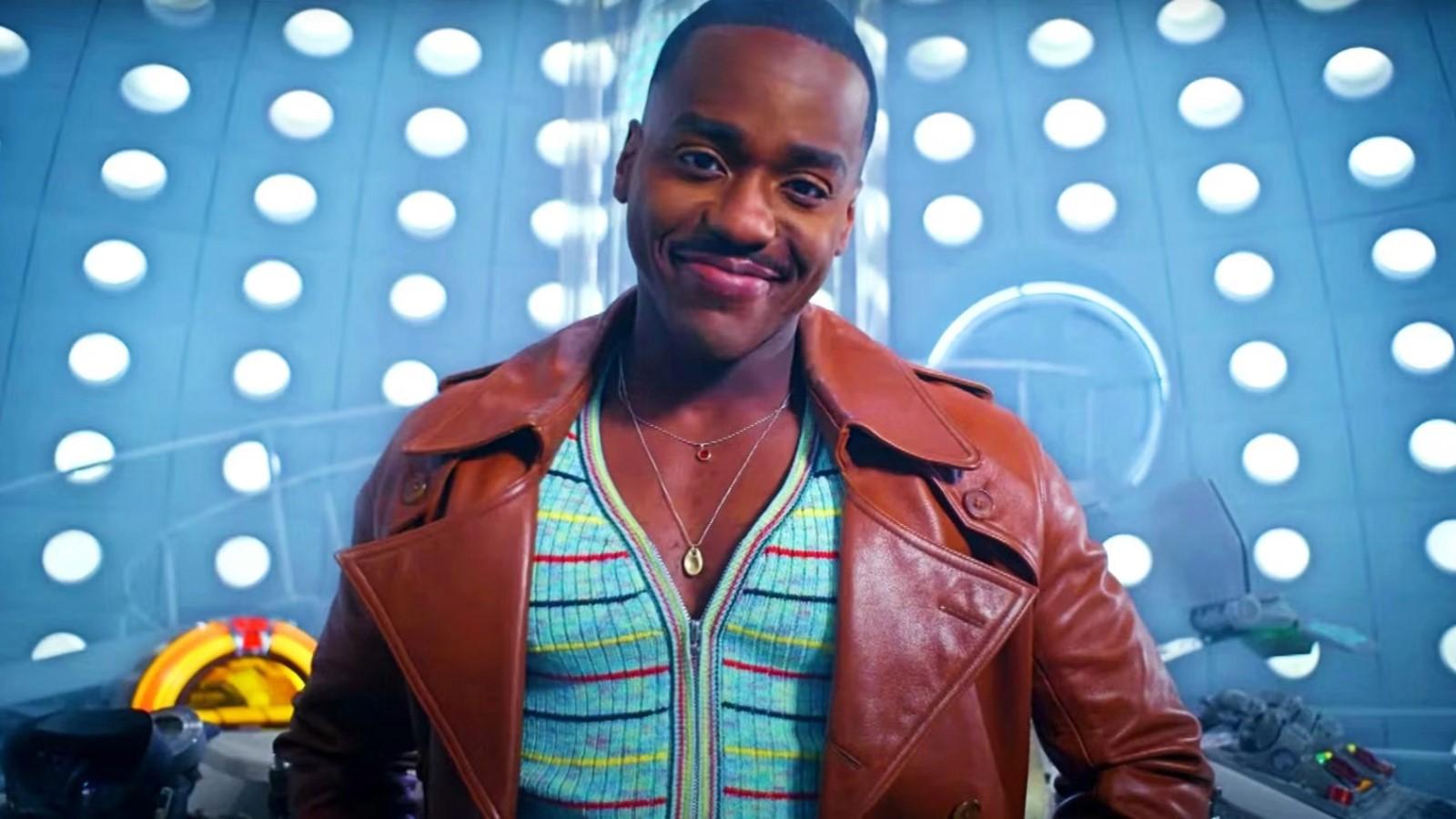Doctor Who: Bigeneration explained
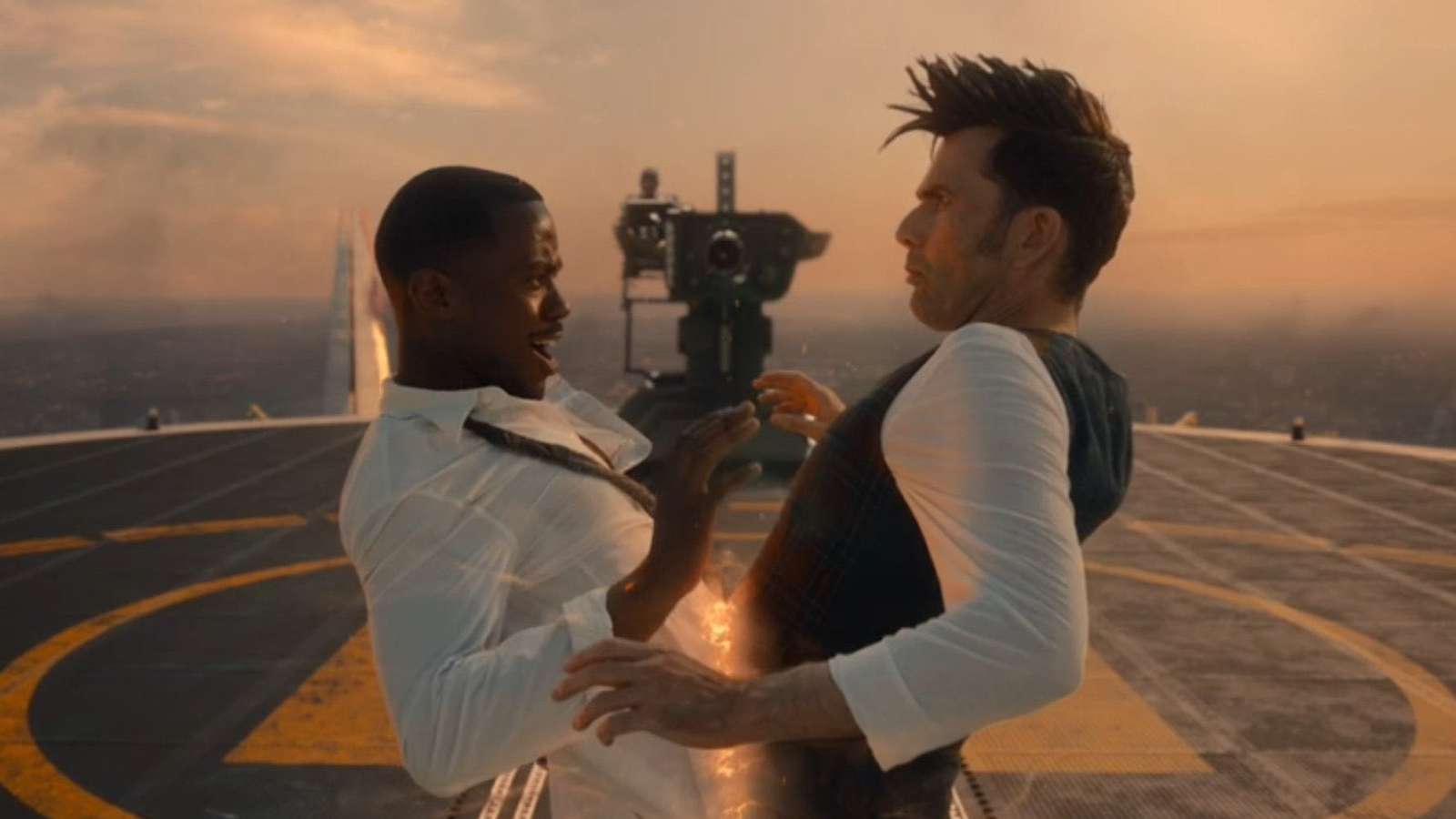 BBC
BBCDoctor Who just introduced a game-changing concept to the show’s lore: bigeneration. So what is bigeneration, and how will it impact the franchise going forward?
Bigeneration debuted in the final Doctor Who 60th anniversary special, “The Giggle,” during the climactic showdown between the Fourteenth Doctor (David Tennant) and the Toymaker (Neil Patrick Harris).
Here, the Doctor is fatally wounded by the Toymaker and starts regenerating. The Doctor’s apparent regeneration is ultimately a fake-out, though, as the Time Lord doesn’t transform into his next incarnation.
Instead, our hero splits into two separate beings – the Fourteenth Doctor and the Fifteenth Doctor (Ncuti Gatwa) – in a first for the Doctor Who franchise. Warning: Major spoilers for “The Giggle” to follow…
What is bigeneration in Doctor Who?
Bigeneration is a variation of the Time Lord race’s regeneration ability. As its name suggests, it results in a regenerating Time Lord continuing to co-exist alongside their future self.
According to the Fifteenth Doctor, Time Lord society always considered bigeneration a myth, and “The Giggle” doesn’t explicitly reveal why the Fourteenth Doctor experiences it. That said, the Toymaker’s reality-bending presence – which can make the impossible possible – was likely a contributing factor.
It’s also unclear exactly how connected past and present incarnations are post-bigeneration, although the Fifteenth Doctor displays full knowledge of the Fourteenth Doctor’s history. The Fifteenth Doctor also indicates that he’ll also benefit from any new memories or personal growth that the Fourteenth Doctor experiences, describing this as doing “rehab backwards.”
Whether the Fourteenth and Fifteenth Doctors will co-exist forever is also a grey area for now. Doctor Who fans debated this topic shortly after “The Giggle” aired, with many convinced that the Fourteenth Doctor will eventually merge with his successor.
How does bigeneration affect existing Doctor Who canon?
Interestingly, showrunner Russell T Davies recently revealed the Fourteenth Doctor’s bigeneration had a knock-on effect for the Time Lord’s predecessors.
In his commentary for “The Giggle” (via Radio Times), Davies indicated that “a whole timeline bigenerated… I think all of the Doctors came back to life with their individual TARDISes, the gift of the Toymaker. And they’re all out there traveling round in what I’m calling a Doctor verse.”
This tracks with the Tales of the TARDIS spinoff series, in which the Seventh Doctor (Sylvester McCoy) chalks up his presence to timeline-related shenanigans. “Time streams are funny things,” he says in the sixth episode. “In some, I regenerate. In others, I don’t.”
So, in theory, this means there’s no longer a single, unified Doctor Who timeline. It also leaves the door open for future multi-Doctor adventures. Even so, fans shouldn’t expect to see Tennant’s Fourteenth Doctor again any time soon, as Davies described the character as “parked.”
Doctor Who: The Giggle is streaming on BBC iPlayer (UK & Ireland) and Disney+ (everywhere else) now. For the latest Doctor Who news and updates, check out Dexerto’s full coverage here.
Please note that if you click on a product link on this page we may earn a small affiliate commission.
